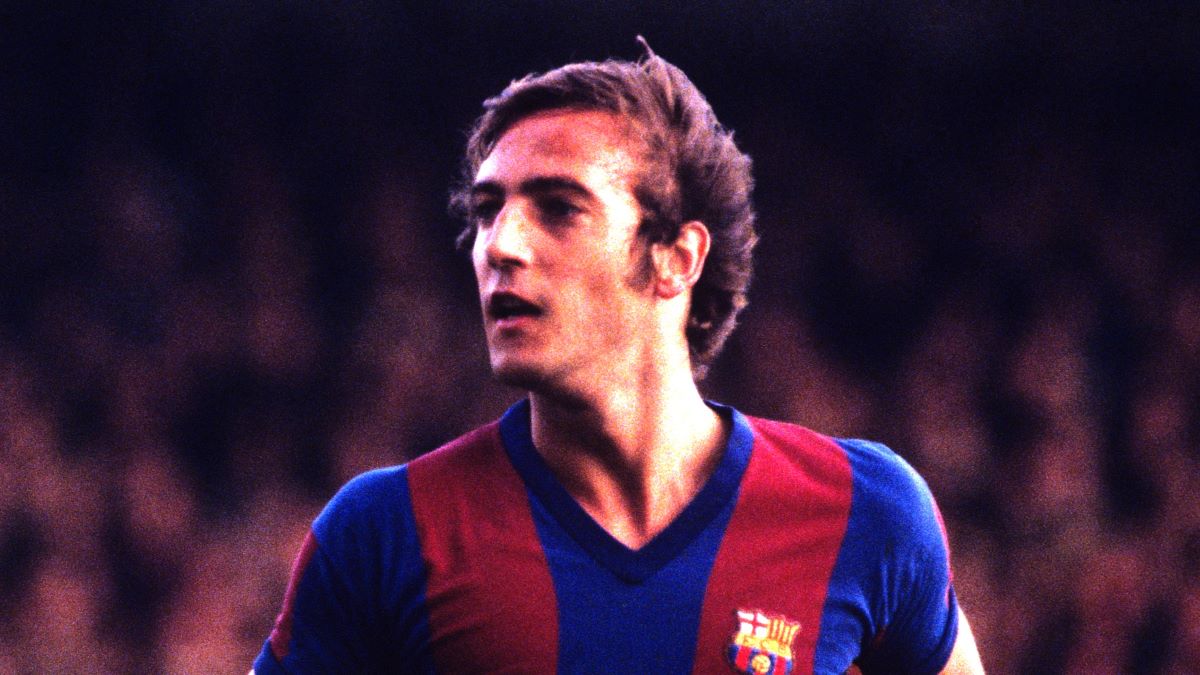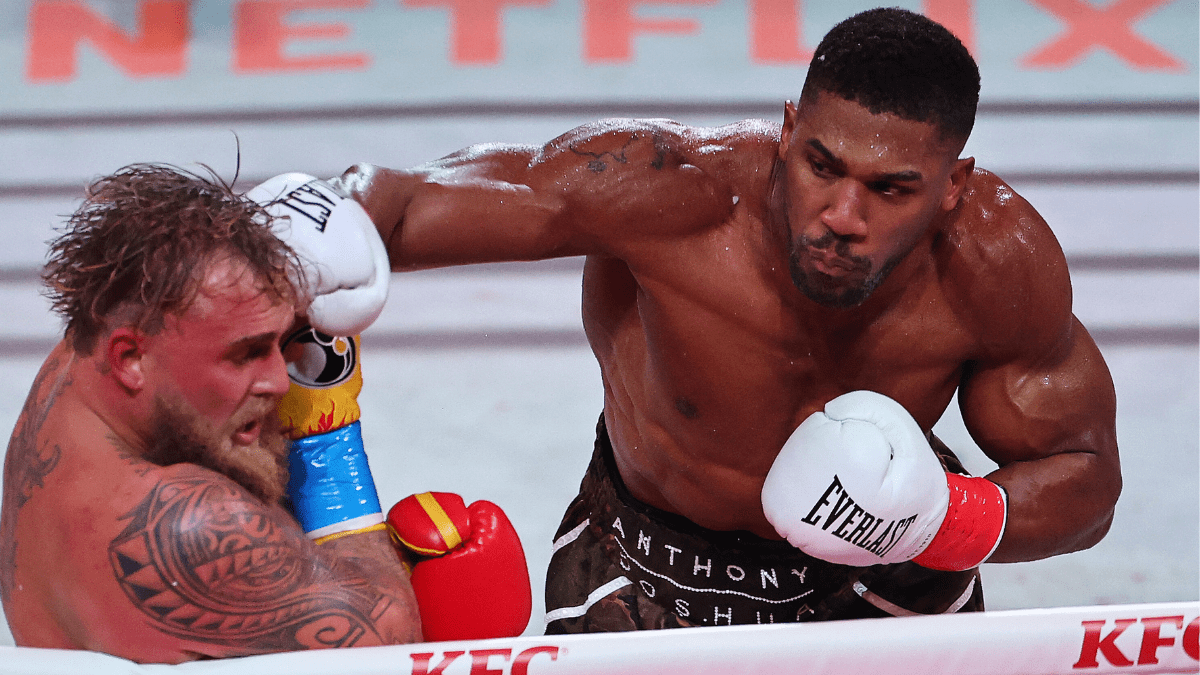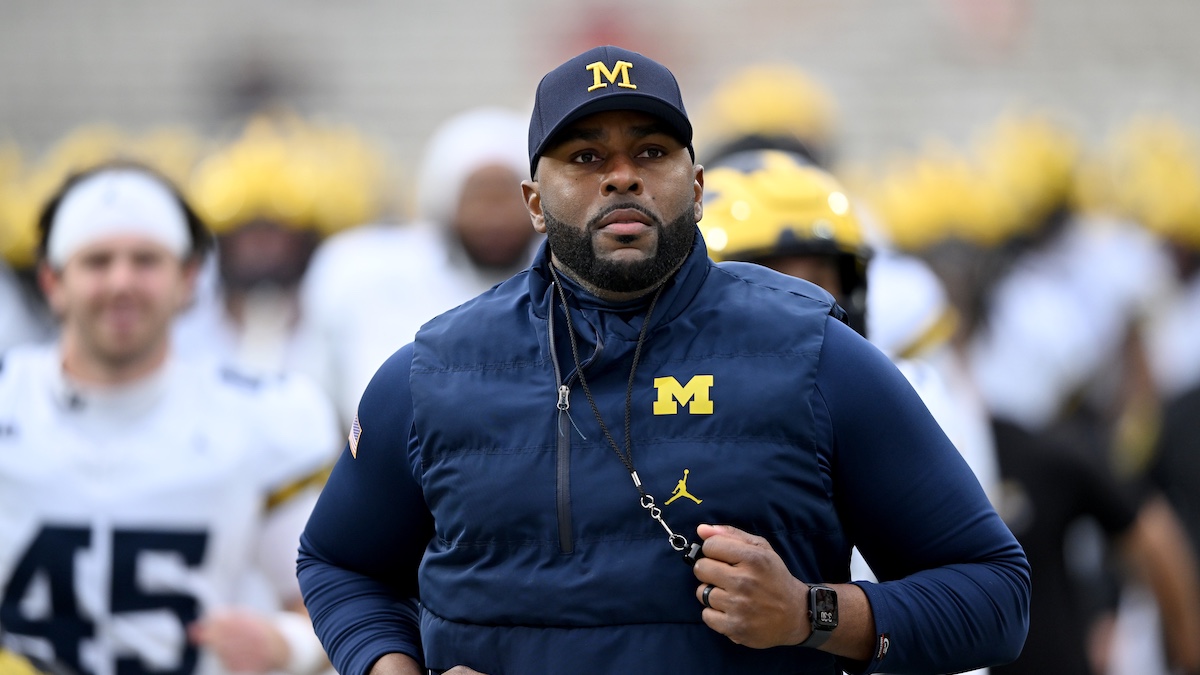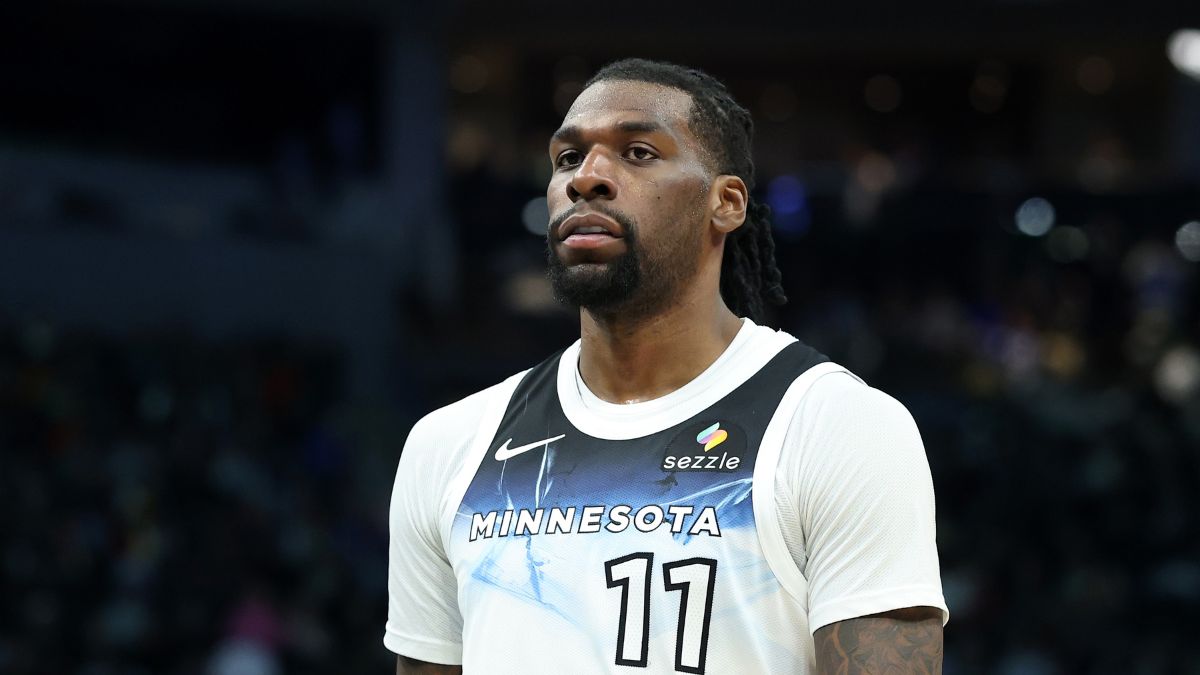The footballing world mourns the loss of one of its greatest midfield maestros, Johan Neeskens, who passed away at the age of 73. His death was confirmed on Monday, Oct. 7, by the Dutch Football Association (KNVB), who announced that Neeskens had died the previous day in Algeria, where he had been participating in a coaching project.
His passing comes as a great loss to the global soccer community, and just barely after the death of Sven-Göran Eriksson, the former Swiss coach. Neeskens, a Netherlands star, was actively involved in nurturing young talent right up until his final days. Known for his brilliance on the pitch as part of the Netherlands’ legendary “Clockwork Orange” teams of the 1970s, alongside football icon Johan Cruyff, Neeskens was more than just a footballer, he was a symbol of an era.
A footballing legend and the pride of Holland
For most youngsters who aren’t familiar with who Johan Neeskens was, he was simply football royalty. To the older generation of football enthusiasts, Neeskens’ name is synonymous with the golden era of Dutch football, a time when the Netherlands redefined the sport with their famous “Total Football” philosophy. His iconic quote, “The most beautiful football doesn’t always win,” still resonates with us today, capturing the essence of his playing style and the bittersweet history of his career.
Born on Sept. 15 in 1951, Johannes Jacobus “Johan” Neeskens made his mark early in his career as a midfielder who could do it all: tackle, pass, and score with equal prowess. He was a vital part in the Netherlands’ teams of the 1970s. He was also an instrumental player for the likes of football clubs, Ajax and FC Barcelona, where he would go on to win multiple trophies. After retiring from professional football in 1991, Neeskens continued to influence the game from the sidelines. He served as assistant manager to Guus Hiddink for both the Dutch and Australian national teams, as well as under Frank Rijkaard for Galatasaray and FC Barcelona. Neeskens also ventured into head coaching roles, taking charge of NEC Nijmegen, the Netherlands B national team, and even to South Africa where coached the Mamelodi Sundowns.
Despite never clinching the ultimate prize, Neeskens’ place in football history was cemented. In 2004, FIFA named him one of the 125 Greatest Living Footballers, and in 2017, FourFourTwo included him in their list of the 100 greatest footballers of all time, ranking him at the 64th position. Regardless of where he was, Neeskens was committed to sharing his football wisdom and nurturing young talent, as evidenced by his participation in the KNVB coaching project in Algeria at the age of 73, where he tragically died.
What we know so far
As it stands, the official details surrounding Johan Neeskens’ death remain limited. His passing was announced by the Dutch Soccer Association KNVB on Monday, Oct. 7, which stated he fell ill while working with the KNVB’s WorldCoaches project, where he was an ambassador, in Algeria. Given that Neeskens passed away in Algeria, far from home, it may take time for all the necessary information to be gathered and shared with the public.
Heartfelt messages and tributes have come in following his death. Ajax, Barcelona, and other top football clubs have all paid tribute to Neeskens upon his death. Ronald Koeman, the current coach of the Netherlands, lauded the Dutch hero, calling him “a small man who was my big idol”.
















Published: Oct 14, 2024 01:39 pm